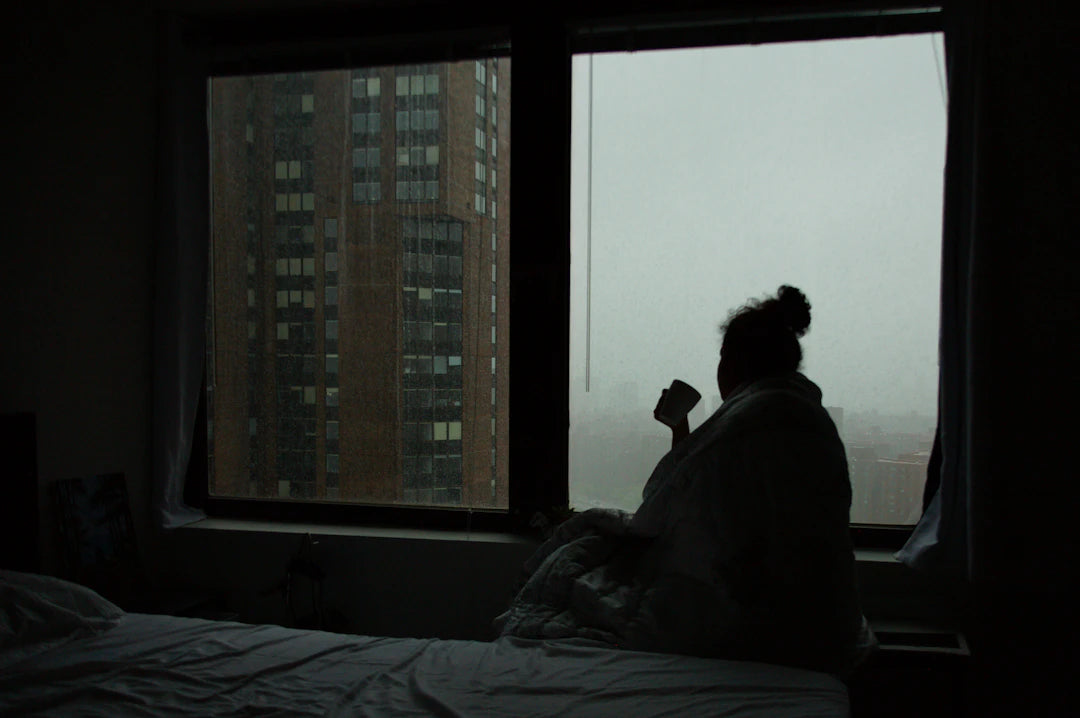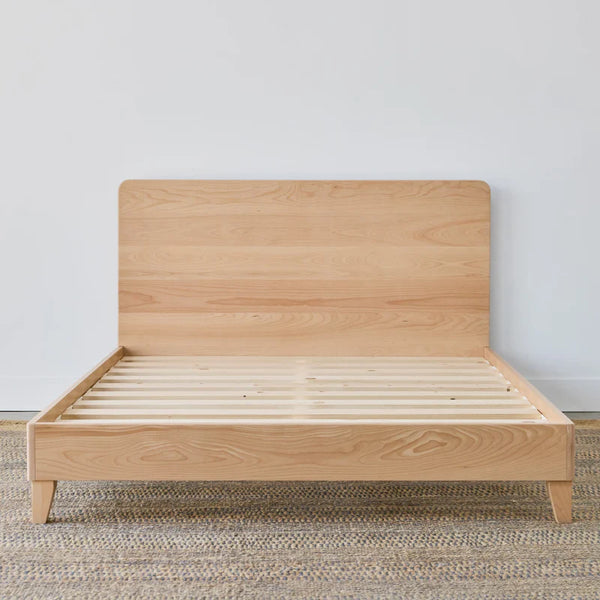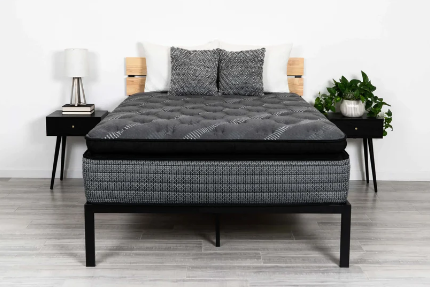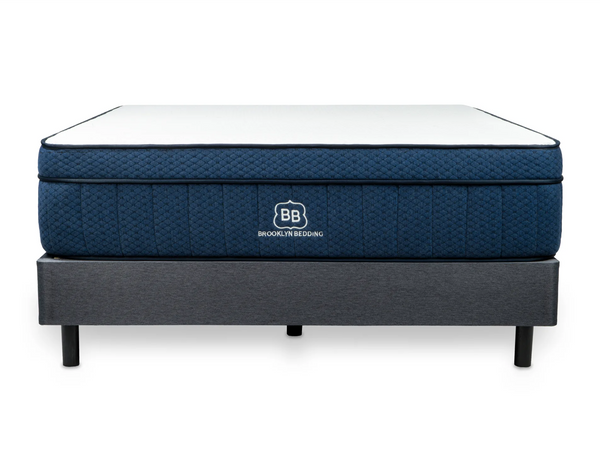
Frequently Asked Questions
1. Why is good sleep important?
2. How can I declutter my bedroom effectively?
3. What type of bedding should I use for better sleep?
4. How can I create a calming color palette in my bedroom?
5. What strategies can I use for sound management in my bedroom?
Are you struggling to get restful sleep at night? It might be time to consider how your bedroom environment influences your sleep quality. A tranquil and soothing space can do wonders for your restfulness, allowing you to drift off more easily and enjoy deeper sleep cycles. In this guide, we'll explore various strategies and tips you can employ to refresh your bedroom for better sleep. Let's get started!
Understanding the Importance of Sleep
Before diving into the transformation of your bedroom, it’s essential to understand why good sleep is so crucial. Sleep is not merely a time for your body to rest; it plays an integral role in your overall health and well-being. Here are a few reasons why quality sleep matters:
- Improved Brain Function: Sleep enhances cognitive functions such as memory, decision-making, and creativity.
- Physical Health: Adequate sleep supports your immune system and reduces the risk of chronic illnesses.
- Mood Regulation: A restful night contributes to emotional stability, helping prevent anxiety and depression.
- Increased Productivity: Quality sleep can improve focus and efficiency, making you more productive throughout the day.
Now that we've explored the significance of sleep, let's focus on how to create a bedroom environment that encourages restful slumber.
Declutter Your Space
Start With a Clean Slate
The first step in refreshing your bedroom for better sleep is reducing clutter. A disorganized space can create mental chaos and prevent relaxation. Here’s how to declutter effectively:
- Go Through Your Belongings: Remove any items that you no longer use or need. Consider donating or disposing of them.
- Organize Closets and Drawers: Neatly arrange items in designated spaces to make your bedroom look tidier.
- Limit Decorative Items: While decorations make a room feel personal, too many can distract you from a peaceful atmosphere.
By having fewer items in your bedroom, you’ll create a sense of calm, making it easier to drift into a restful state.
Optimize Your Bedding
The Right Materials Make a Difference
When it comes to sleep quality, your bedding plays a crucial role. Here are a few tips to optimize your bedding for better sleep:
- Choose Comfortable Sheets: Invest in breathable and soft sheets that feel pleasant against your skin. Look for materials like cotton or bamboo.
- Pillows Matter: Select pillows that support your head and neck without causing discomfort. Everyone has different sleeping preferences, so find what works best for you.
- Layer for Comfort: A well-made bed with layers, such as a light comforter and throws, provides a cozy feel for varying weather conditions.
Don't underestimate the importance of high-quality bedding as it can significantly impact sleep quality.
Create a Calming Color Palette
Colors That Promote Relaxation
The color scheme of your bedroom can influence your mood and relaxation levels. Here’s how to choose hues that promote tranquility:
- Soft Neutrals: Shades like beige, soft white, and light gray can create a soothing environment.
- Cool Colors: Consider blues and greens which are known for their calming effects.
- Avoid Bold Colors: Bright colors like red or orange can be stimulating rather than relaxing.
Choose a color palette that makes you feel at peace, and consider applying this scheme to your wall paint, bedding, and decor.
Enhance Your Lighting
Light Up for Better Sleep Quality
Good lighting is essential for creating the right atmosphere in your bedroom. Here are some tips for achieving optimal lighting:
- Utilize Soft Lighting: Incorporate table lamps and soft LED lights in place of harsh overhead lighting.
- Incorporate Dimmer Switches: These allow you to adjust the brightness according to the time of day, creating a relaxing mood in the evening.
- Limit Blue Light Exposure: Reduce exposure to screens before bed, as blue light can disrupt your natural sleep cycle.
By carefully layering your lighting, you can create an environment conducive to winding down and preparing for sleep.
Incorporate Natural Elements
Bring the Outdoors In
Natural elements can enhance the serenity of your bedroom. Here’s how to incorporate them:
- Indoor Plants: Adding greenery can improve air quality and contribute to a calming atmosphere. Opt for low-maintenance plants if you're not an experienced gardener.
- Natural Textiles: Consider using curtains, rugs, and bedding made from natural fibers, which can improve the overall vibe of your space.
- Natural Scents: Incorporate essential oil diffusers or candles with scents like lavender and chamomile, known for promoting relaxation.
Embracing natural elements can create a more grounding environment, making it easier to unwind.
Establish a Relaxing Routine
Habits Matter
Your bedroom should not just be a place for sleep; it should also serve as a serene retreat. Building a pre-sleep routine can enhance your ability to relax. Here are some tips to establish healthy habits:
- Set a Sleep Schedule: Go to bed and wake up at the same time daily to regulate your body's internal clock.
- Limit Stimulants: Avoid caffeine and heavy meals close to bedtime to prevent sleep disturbances.
- Practice Relaxation Techniques: Engage in calming activities such as reading, meditation, or gentle yoga before bed.
Consistency in your routine will signal to your body that it’s time to wind down, leading to better sleep quality.
Consider Sound Management
Silencing the Noise
Noisy environments can be disruptive to sleep. Consider these strategies for sound management:
- Use White Noise Machines: These devices can mask background noise, creating a consistent and comforting auditory environment.
- Soft Music or Nature Sounds: Creating a soundscape with calming music or sounds can help you relax and drift off more easily.
- Noise-Canceling Curtains: These can help dull outside sounds while contributing to your room's aesthetic.
Sound management not only enhances sleep quality but can also improve your overall sleep environment.
Create a Tech-Free Zone
Disconnect for Better Sleep
In today’s digital age, it’s easy to let technology invade your bedroom. However, creating a tech-free zone can significantly enhance your ability to relax:
- Leave Devices Outside: Try to avoid bringing phones, tablets, or laptops into your bedroom, eliminating distractions.
- Consider Alternative Reading Material: Opt for physical books or magazines instead of screens before bedtime.
- Establish a “No Screens” Policy: About an hour before bed, turn off electronic devices to help your mind unwind.
By creating a sanctuary free from technology, you can cultivate a space focused on rest and relaxation.
Final Touches for a Serene Sanctuary
Once you’ve refreshed your bedroom with the aforementioned tips, it’s time to bring everything together. Here are a few extra touches to complete your sleep sanctuary:
- Invest in Quality Curtains: Opt for blackout curtains that block out light effectively, creating a darker sleep environment.
- Personalize Your Space: Incorporate objects that bring you joy and relaxation, like family photos, inspiring quotes, or favorite books.
- Aromatherapy: Use perfumes and scents you love while ensuring they promote calmness and tranquility.
Your bedroom should be a reflection of you. By tailoring your space to your preferences, you’ll create a personalized sanctuary that promotes restful sleep.
Embrace Change for a Better Night's Sleep
Refreshing your bedroom is an investment in your overall well-being. By following the tips shared in this guide, you can create a peaceful, inviting space that promotes better sleep quality. Remember that small changes can make a significant impact, so take your time to transform your sanctuary. The path to restorative sleep is in your hands, and with a little effort, you’ll be well on your way to enjoying restful nights and energized days.
Explore the creations of a fellow Shopify or Wix store owner. Follow this link to their online store. Please be advised that this is a promotional link, and we cannot guarantee the content of the linked store.









